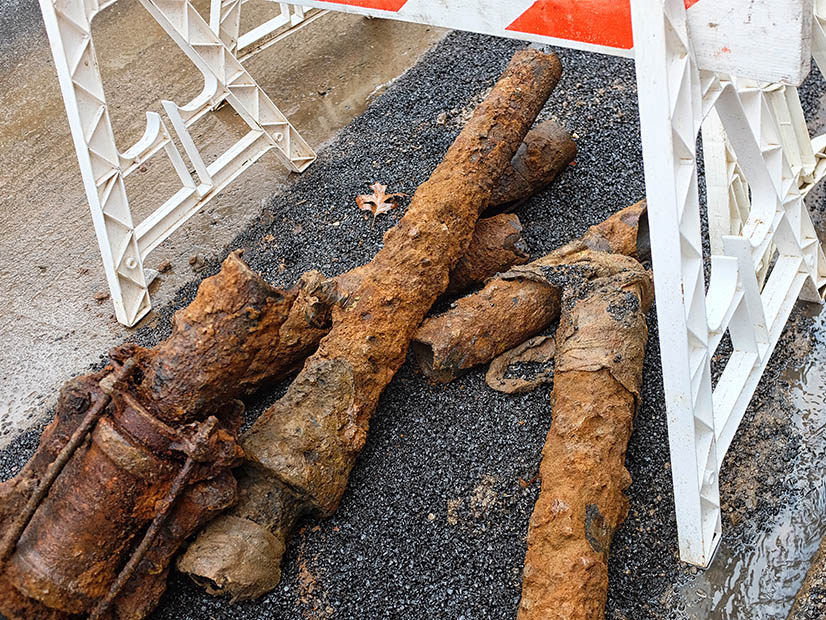A group of Massachusetts legislators on Monday called on Department of Public Utilities (DPU) Chair Matthew Nelson to revisit the state’s near-term approach to natural gas.
The DPU’s current approach, set out in an October 2020 order, could result in customers paying for stranded assets, including repairs to pipelines, Sen. Cynthia Creem (D) said during a legislative hearing on grid modernization and the future of gas.
“Things are different now,” Creem said, referring to the passage of the state’s comprehensive climate law, signed in March. (See Mass. Governor Signs NextGen Climate Bill.) The legislation authorizes the Secretary of Energy and Environmental Affairs to establish emissions limits for sectors of the state’s economy, including natural gas distribution and service.
“We see problems with natural gas that we didn’t see before,” she said.
The DPU’s order (D.P.U. 20-80) opened a proceeding on the role of natural gas in reaching net-zero emissions by 2050, noting that meeting the goal “may require [local distribution companies] to make significant changes to their planning processes and business models.”
It required LDCs to hire independent consultants to produce reports identifying decarbonization strategies by March 1, 2022.
Nelson said during the hearing that the DPU will use the reports to develop a roadmap to “guide the evolution of the gas distribution industry in alignment with the commonwealth’s climate goals.”
In the meantime, gas utilities in the state are continuing to replace aging pipelines.
But lawmakers are pushing for the DPU to start phasing out natural gas sooner as the state aims to electrify home heating systems to decarbonize buildings. The billions of dollars being spent to replace pipelines could be redirected to energy efficiency or decarbonization programs, Sen. Michael Barrett (D) said during the hearing.
“You could be more proactive at an earlier time, and my hope is you will reconsider that sooner than six months from now,” Creem said during Monday’s session.
Lowering Emissions from Leaking Pipelines
Nelson defended the timeline, saying it is “critical utility companies have a comprehensive plan that is transparent for stakeholders to pick apart.”
The DPU will continue spending money to fix leaking pipelines, Nelson said, noting that although the new climate law makes reducing GHG emissions a primary goal of the DPU, the agency also remains responsible for ensuring safety and reliability.
“The more we can do to reduce emissions, the better,” he said.
A large part of the methane released into the atmosphere is from aging natural gas pipelines. Massachusetts gas companies reported 32,877 leaks in 2018, according to a report from the DPU.
The DPU is also investigating how existing natural gas infrastructure can be used to transport potentially low-carbon alternatives, such as biogas, green hydrogen or geothermal energy.
But these alternatives are not “clean, renewable resources,” depending on how they are produced, Barrett said.
Biogas is typically about two-thirds methane, according to the Environmental Defense Fund.
“Reductions in emissions are happening when replacing existing pipelines with plastic pipes,” Nelson said. As far as their future uses, Nelson said the agency will “see where the research points.”

